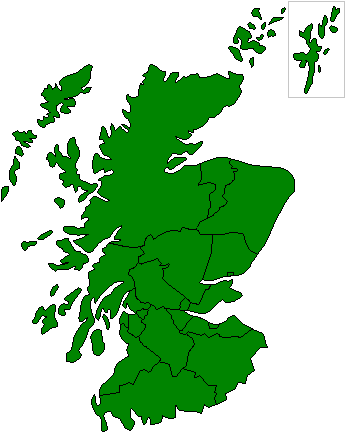ENVIRONMENTAL HEALTH OFFICER ( Please note this is not a job advert )
Environmental health officers (EHOs) use their specialist skills and knowledge to develop, co-ordinate, implement and enforce public health policies.
They work to ensure that people have a better quality of life and live within a healthier society.
EHOs are committed towards improving, monitoring and enforcing public/environmental health standards. Important aspects of their work include: food safety and nutrition; workplace health and safety; housing conditions; noise levels; odour emissions; industrial waste; animal health; contaminated land; air/pollution control; and communicable diseases.
EHOs tend to be employed within distinct divisions of regulation, such as food safety, health and safety, housing or environmental protection.
Typical work activities
Typical work activities vary according to specialism and area, but tasks may include:
* carrying out routine health and safety, food hygiene and food standards inspections;
* ensuring food for human consumption is produced, manufactured, processed, stored, and presented for sale without risk to the health of consumers - this will involve taking samples for laboratory analysis and investigating complaints, and dealing with unfit food through voluntary surrender, detention or seizure;
* inspecting all allocated premises for compliance with health and safety legislation and initiating appropriate action to secure enforcement;
* investigating accidents occurring in the workplace and responding to employees` complaints;
* visiting private and rented accommodation, including caravan sites, and taking action to improve conditions - this may involve liaising with other council departments to organise grants for renovations and repairs;
* investigating and advising on the control of rodent and insect pests, eg taking appropriate action to reduce/prevent the spread of infestation and disease;
* maintaining and improving water standards in swimming pools, bathing areas and private water supplies by taking water samples and investigating complaints;
* periodically monitoring radiation activity and taking action when safety levels have been exceeded;
* advising on health and safety issues in relation to new buildings and developments;
* arranging for the efficient removal of abandoned vehicles and illegally dumped refuse;
* licensing pet shops, animal boarding places, zoos and riding establishments;
* monitoring port health;
* monitoring levels of noise, air, land and water pollution - this may include liaising with other professionals in order to deal with issues such as the contamination of land with toxic waste, or complaints about noisy neighbours;
* mounting displays and exhibitions to disseminate educational materials and giving talks/lectures to a wide range of audiences;
* participating in legal proceedings;
* complying with administrative and monitoring systems, and keeping appropriate records.
views: 4,801
_0203.png)









_2082_1403.jpg)

